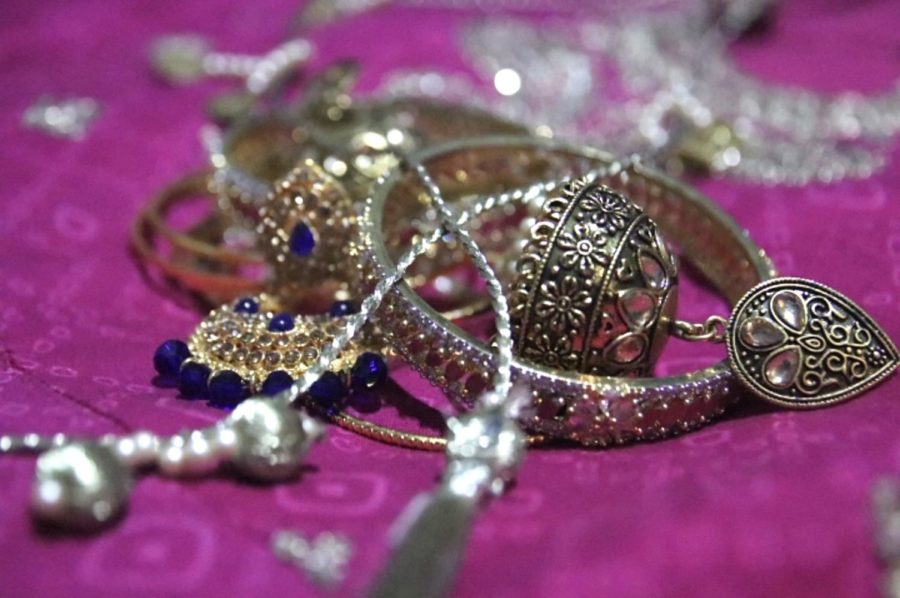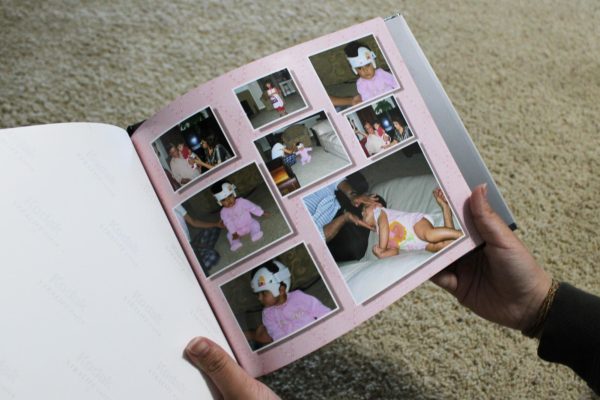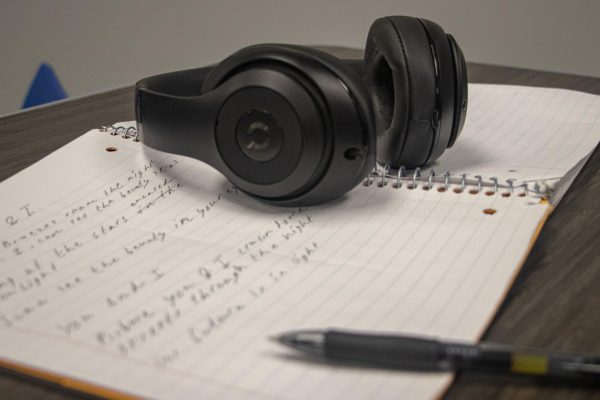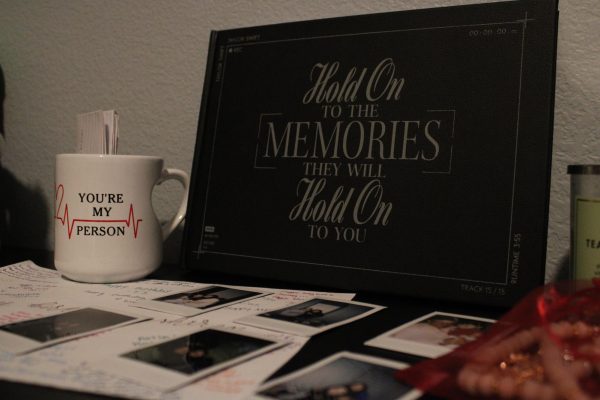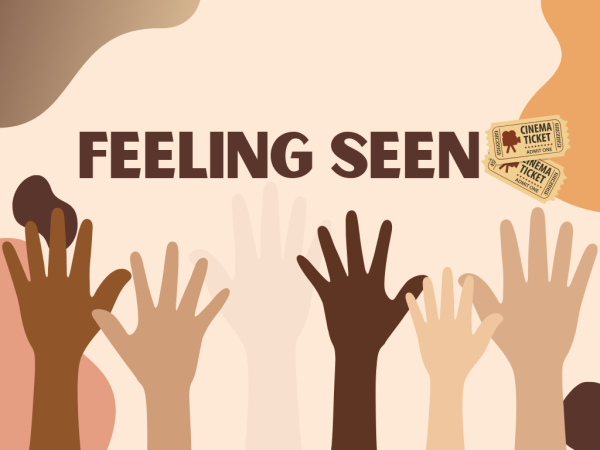Opinion: Reconnecting with my Pakistani culture
Growing up, I never felt truly connected to my culture. I could understand and speak my native language, I’d wear cultural clothing and participate in the traditions, but I still couldn’t help but feel detached from my culture. I didn’t grow up surrounded by Pakistani friends and I’d often find myself surrounded with people who made me feel like an outsider because of my heritage. I would shy away from sharing about my culture and cringe when I’d have to tell people my name or where I’m originally from, knowing that I would have to deal with looks of confusion and mispronunciation.
During the height of the pandemic, my parents would talk about visiting our relatives in Pakistan once COVID-19 case numbers decreased. I’d often brush them off, hoping we wouldn’t actually reach that goal of visiting. In fact, once they seriously started planning the trip during my sophomore year, I constantly tried to talk them out of it.
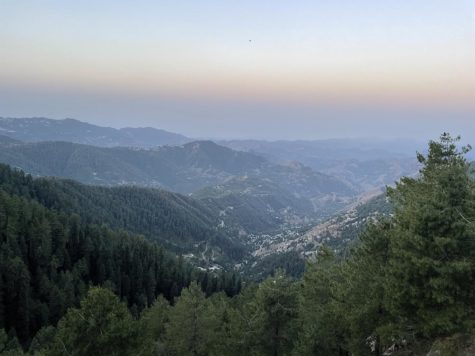
(Shehzil Imran)
The closer the trip got, the more anxious I felt. I didn’t frequently speak Urdu — the native language of Pakistan — nor did I know much about Pakistan in general, and I couldn’t help but worry that I’d feel embarrassed once I reunited with the extensive family I hadn’t seen since I was 8 years old.
I felt incredibly awkward when we arrived. It was hard to start conversations with my cousins without it ending in uncomfortable silence, and I felt even more out of place than I’d thought I would. But once my relatives and I started exploring the country’s capital, Islamabad, as well as visiting popular areas in the city of Faisalabad, I started to take in the importance of why I was there. I began to appreciate the mesmerizing mountains, the historic architecture and monuments as well as reconnecting with people I’d once had strong connections with.
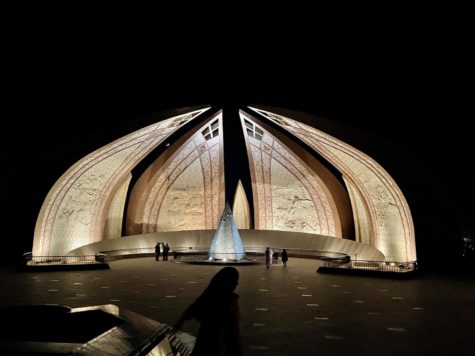
As the trip started reaching the final days, I noticed a heavy feeling in my heart. In the last month, I had formed a bond with not only my family in Pakistan and the environment, but I had formed a new appreciation for my culture as a whole. I’d learned to truly appreciate the beauty in the familial closeness through trying the different cultural recipes my aunts and grandma made and traveling to different locations with my cousins. I realized I want to embrace my culture more once I arrived back in the states. I wanted to start dressing more in cultural clothing, learn more about my family’s history in Pakistan and learn to speak my native language more fluently, hoping to eventually be able to read and write in it.
The trip I was once dreading ended up being culturally and emotionally healing. I often find myself reminiscing about the trip, wishing to go back and experience more of what I missed out on for so long. I hope to fully embrace my Pakistani culture and heritage in the future and learn more about its rich and beautiful history.
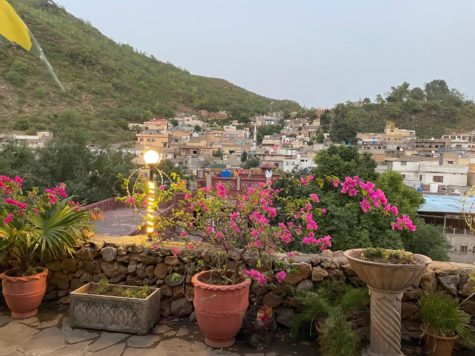
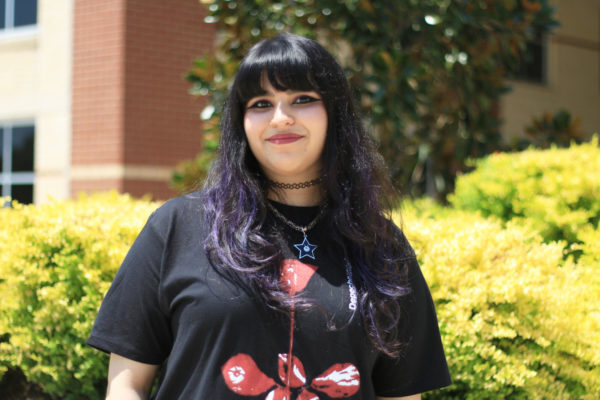
Senior Shehzil Imran is the feature editor and this is her third year on staff. In her free time, she enjoys watching horror movies, writing and doing...



